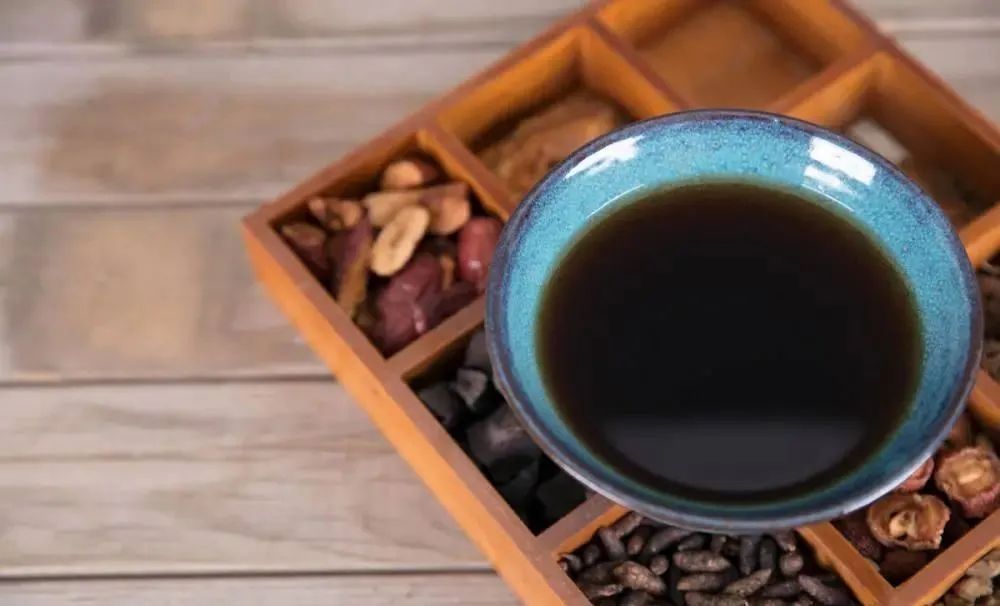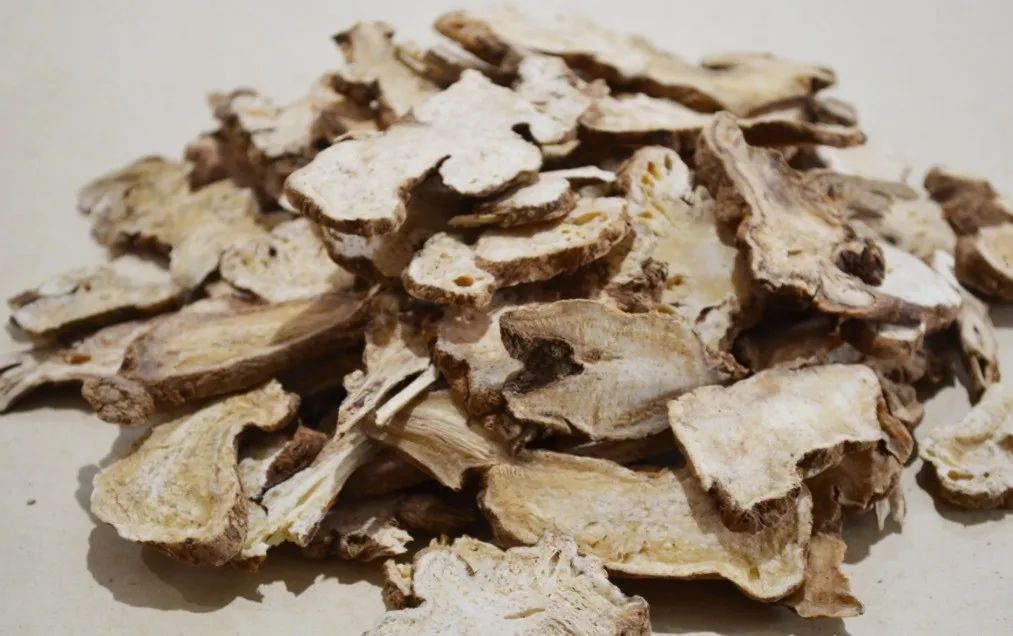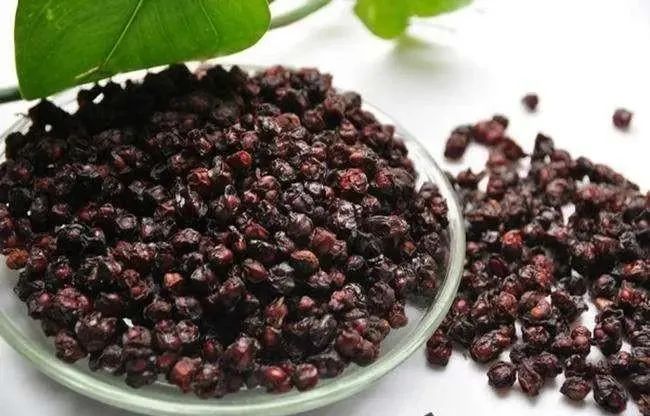Yang Qi is crucial for the human body. When Yang Qi is sufficient, it can warm the limbs, dry out internal dampness, and resist external cold evils. Therefore, when Yang Qi is deficient, the limbs cannot be warmed, leading to an overflow of internal dampness, resulting in symptoms such as cold intolerance, cold hands and feet, and a feeling of heaviness and weakness in the limbs, often accompanied by edema that leaves a pit when pressed.

At the same time, dampness accumulating in the heart and lungs can lead to symptoms such as palpitations, chest tightness, shortness of breath, and weak coughing. Therefore, if you experience these symptoms, it is likely due to Yang Qi deficiency and an overflow of internal dampness. To treat dampness, one must primarily focus on the spleen and kidney organs. In Traditional Chinese Medicine (TCM), the spleen governs the transformation and transportation of dampness, expelling most of the internal dampness, while the remaining portion is transformed by the kidneys into urine for excretion. If the Yang Qi of the spleen and kidneys is insufficient, dampness will accumulate in the body, leading to cough, edema, and difficulty urinating, among other diseases. Thus, to treat dampness, one must tonify the Yang of the spleen and kidneys.
Next, I will introduce a formula called Zhen Wu Tang (True Warrior Decoction), which can warm the kidneys, strengthen Yang, tonify the spleen, dry dampness, and promote urination to reduce swelling.

Zhen Wu Tang was created by the medical sage Zhang Zhongjing, and its name is derived from the deity of water, Xuanwu, indicating its significant effects in treating dampness. This formula consists of five ingredients: Fu Ling (Poria), Shao Yao (Peony), Sheng Jiang (Fresh Ginger), Bai Zhu (White Atractylodes), and Fu Zi (Aconite). Among these, Fu Zi is a strongly warming herb that significantly aids Yang; Sheng Jiang can release the exterior, dispel cold, and warm the middle to stop vomiting.

Bai Zhu and Fu Ling work together to strengthen the spleen and benefit Qi, dry dampness, and promote urination, enhancing the spleen’s ability to transform and transport dampness to achieve the goal of expelling internal dampness.

Bai Shao (White Peony) can promote urination, soften the liver to relieve pain, and also nourish Yin and relax the muscles and tendons, preventing Fu Zi’s excessive heat from damaging Yin fluids. The combination of these herbs not only tonifies both the spleen and kidneys but also promotes urination and dries dampness.

For more pronounced symptoms, one can add Xiao Xin (Asarum) and Wu Wei Zi (Schisandra) to warm the lungs and transform phlegm. If dampness accumulates in the spleen, stomach, and large intestine, leading to frequent diarrhea, one can add Gan Jiang (Dried Ginger) and Yi Zhi Ren (Alpinia) to warm the middle and stop diarrhea.

In summary, the specific dosages of the herbs should be tailored to the individual. If you are unwell, it is advisable to first assess your condition before using any medication, and do not take herbs blindly.
Note: Some text and images in this article are sourced from the internet. The purpose of sharing this article is to convey more information. If there are any errors in source attribution or infringement of your legal rights, please notify us immediately, and we will delete it promptly and apologize.
More Exciting Content:
1. What to do about dizziness and vertigo due to insufficient blood supply to the brain? Four simple methods for effective adjustment.
2. Is tinnitus a sign of kidney deficiency? Three simple methods to help you distinguish between deficiency and excess and adjust correctly.
3. Could headaches be caused by blood stasis? The “cleaning crew” in the blood can help improve headache issues.
Tap to see more!

